
Anika Huizinga
I’m taking a chance here. A chance that you are just far enough into lockdown to be starting to wonder how things might look on the other side.
And here’s where that question gets both exciting and scary – it’s going to be different.
Before digging into this thinking any further I’d like to make a plea.
Please, please don’t try and make the distance learning programme you are about to roll out on the 15th April the same as “school”. In times of crisis it is normal for people to try and hold onto what they know. It’s understandable. The risk though, is that our eager, slightly bored teachers, with secure jobs, warm homes and solid internet connections might just try.
Yes, a few of your families may want 6 hours of online learning activities daily, but what about those who are newly unemployed, sharing small spaces, and worried about their Nana? We have absolutely no way of knowing or controlling the learning environments our children will be operating in.
This is not a time to try and control people, it is a time to be flexible, kind and wise. A time to put humanity first and to stop any extra stress on families . . rant over.
Different – “different” is a word that implies uncertainty. Humans don’t like this. We are hard wired to seek predictability, stability and the known. ‘Different’ can be a frightening place to consider.
And when different arrives in the blink of an eye (what were your plans 4 weeks ago?), it’s even harder.
So What now?
Luckily (or unluckily), this is not the first time in history that major disruption has occurred and smart people have researched the way leaders (like you) can be most effective in the coming weeks.
Bernard Walker and Tracey Hatton from the University of Canterbury, wrote a useful article about this which you can read in full here, but a brief summary of their five principles is:
-
-
-
- Take an employee-centric approach – look after your team first.
- Quality communication – find the balance between enough and too much. Listen to your team.
- A common vision – keep the vision for “what now” clear.
- Collaboration and networking – connect with other groups/people for the advantage of all.
- Personal and organisational learning – keep up to date. Seek information.
None of these look extraordinary, but together they show you exactly what successful leaders facing crisis do. Number 3 is where I need to focus right now. My team need absolute clarity about what our game plan is.
What Next?
The flip side of huge disruption is possibility. The possibility to do things differently, and better, and more fitting for a changed world.
Crisis brings opportunity for change – think of the way new societies formed after WW2, or the development of more productive varieties of rice when population growth in some countries threatened starvation. Change happened quickly and on a grand scale.
And that’s where you come in. You’re a leader in the most important community of all, the community where our future lives – children. Hold onto that hope for a moment as I describe what I believe is coming.
There’s tension about to occur in our post-COVID-19 world. The status quo of ever expanding globalisation, free movement of people wherever and whenever they desire, aligned with humankind’s belief that we can control everything, has just been tipped on its head.
Many people may presume that the situation will be temporary, and that at some point – in a few weeks, months, maybe even a year – all will return to “normal”.
The business world particularly will want that. Big corporations that have created models that (used to) make lots of money, will be planning and hoping that they can go straight back to exactly that.
However, a “once in a life time pandemic” rewrites some fundamental rules. It strips away control and requires communities to respond whether they like it or not. And, what say it’s not a single, one-off event? What say our world is very likely to have another such experience?
Well, that’s exactly what is likely based on research and knowledge within the scientific community. If you need proof, have a look at this short (8 minute) Ted Talk that Bill Gates shared in April 2015.
None of the above is meant to scare people or cause more worry. I share it because it supports my belief that we must, very soon, lift our eyes up and start looking for the changes we will need to make in our schools. The changes that our children will need from us.
Where to start?
Obviously, we are in the very early days of change, and the day to day reality of being locked down at home is still a novelty (but wearing thin quickly!). We can’t ignore this, but it does also bring the opportunity to think.
I am fortunate to be part of the Springboard Trust this year (a programme aimed at increasing school leaders’ strategic capacity, and one that many of you in NZ have probably already taken part in). It just so happens that we (the participants) are currently being challenged to review our school vision statements to see whether they align with the reality experienced by our children and their needs looking ahead.
This means that I have had the opportunity to recently reflect on “what matters most” for our learners.
This I believe, is where we all need to start in our quest to serve our communities in a post COVID-19 world. The answers are most definitely not apparent yet. It is going to take time to clearly see the emerging needs, but we must start looking for this clarity.
We need to talk to with others, keep up with “real” news, and consider which aspects of our school direction are helpful and which need to change or be added to.
A simple truth is that we can’t lead if we don’t know where we’re going, and now is the time to start working this out – together.
Dave
What do you think? This is a huge topic and discussion is going to be essential – jump over to our Facebook page or leave a comment below.
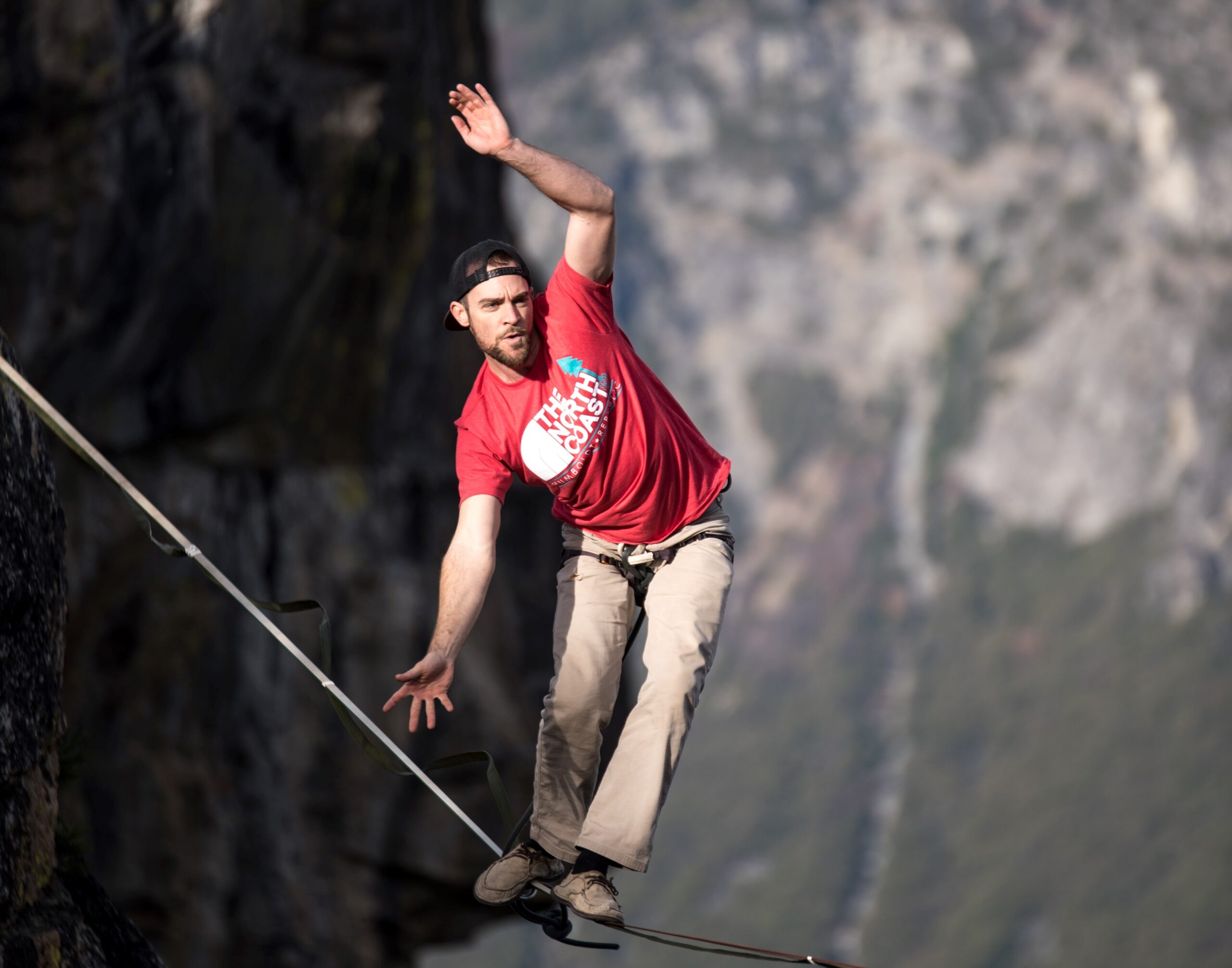
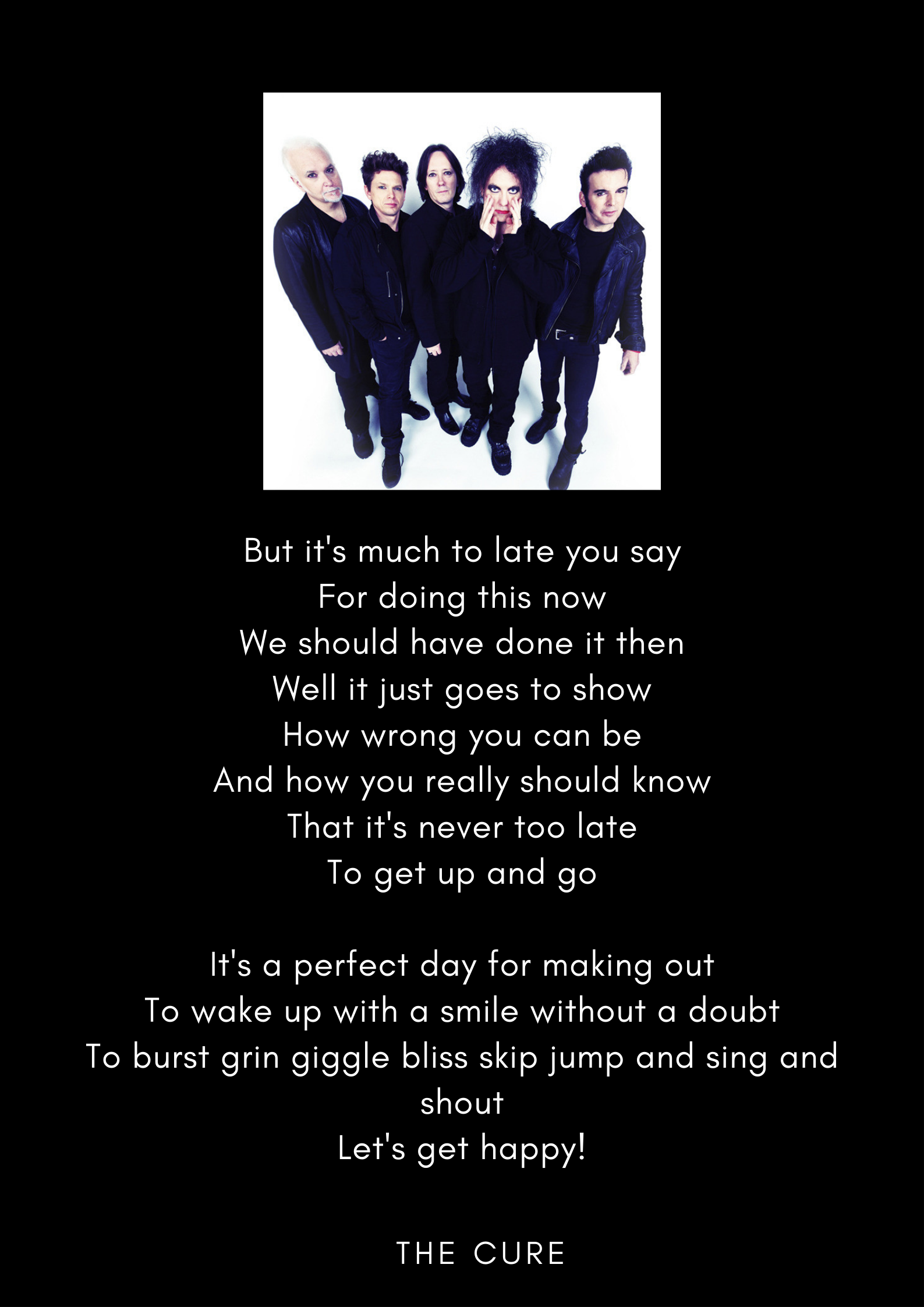

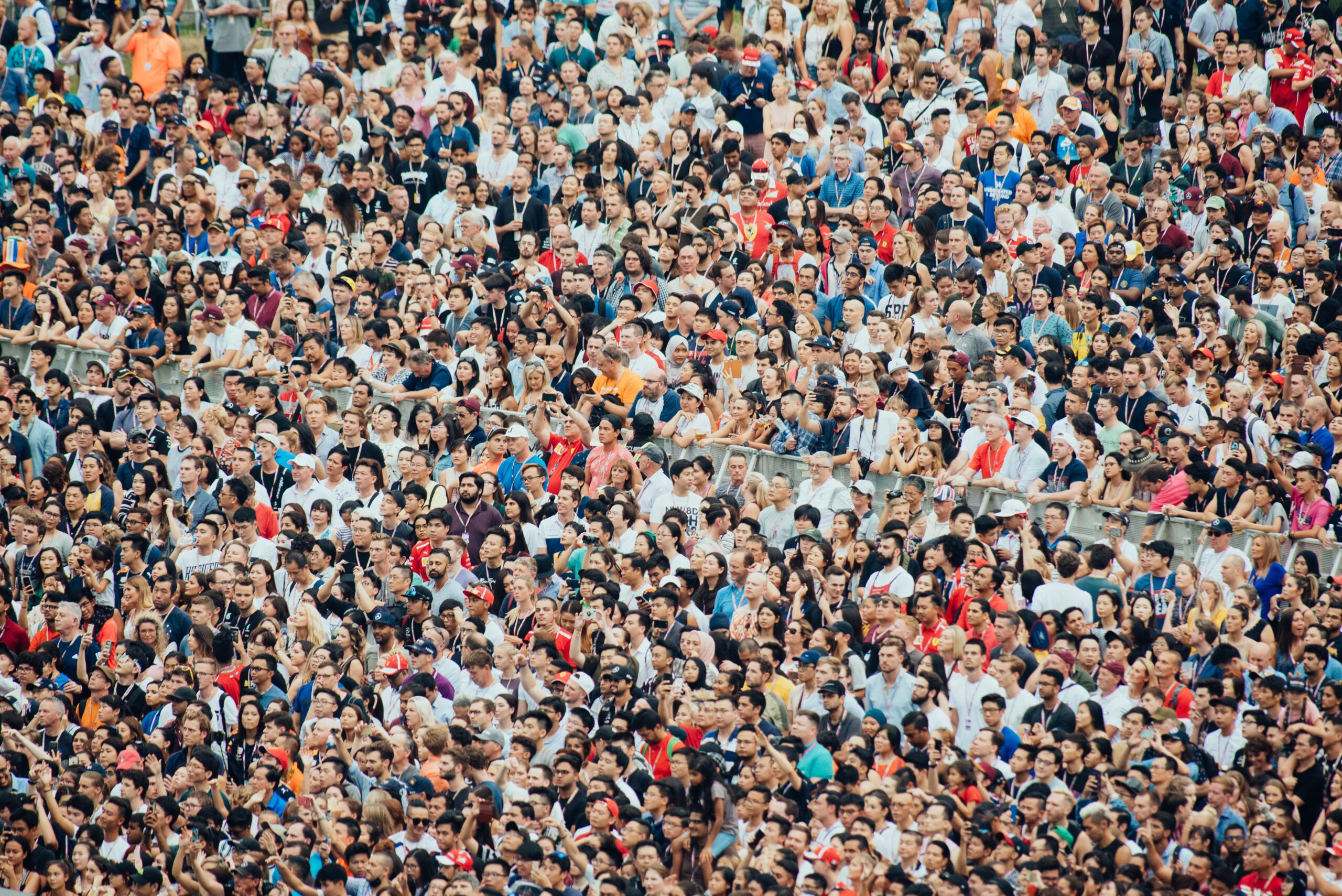

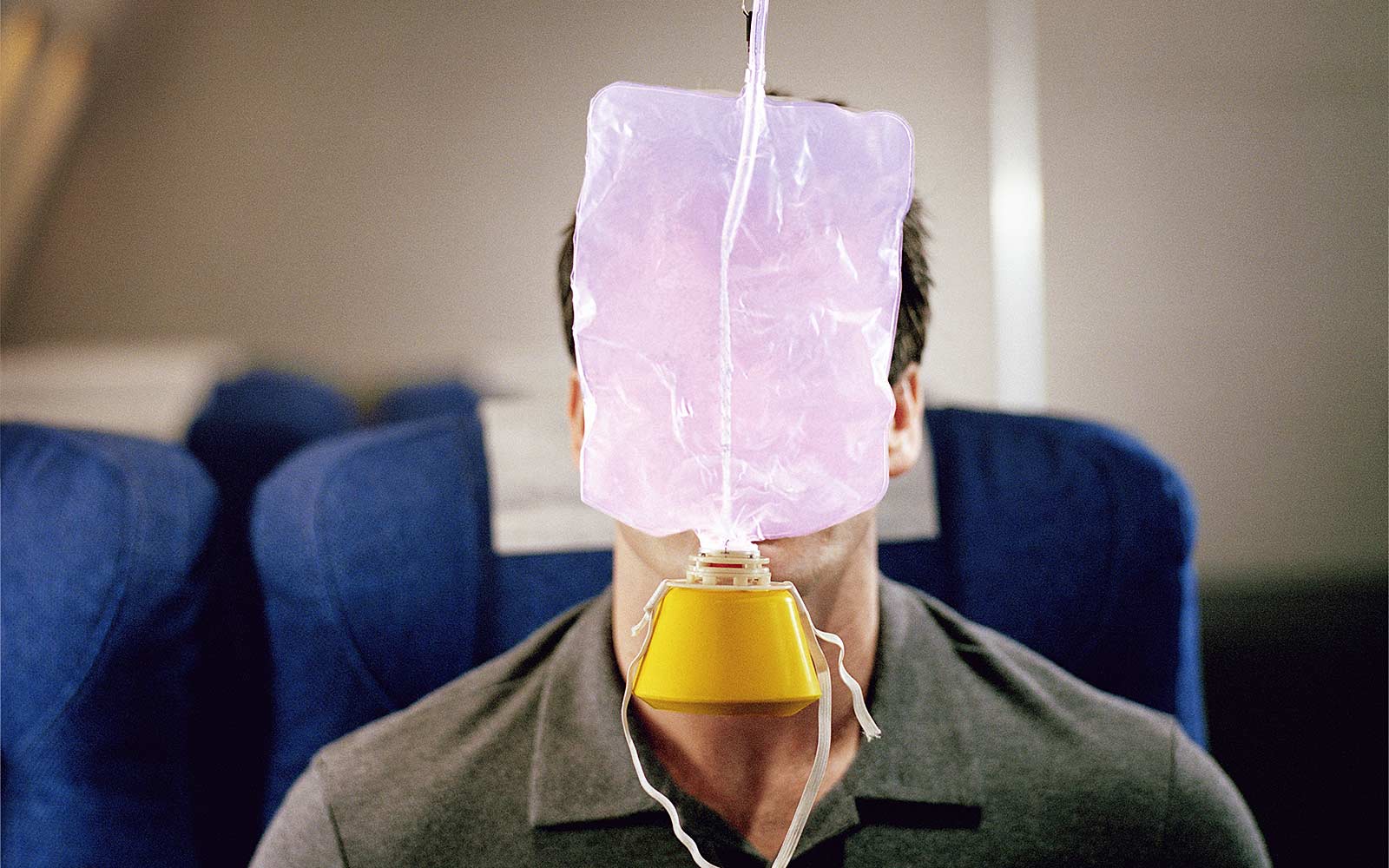


 Photo by
Photo by 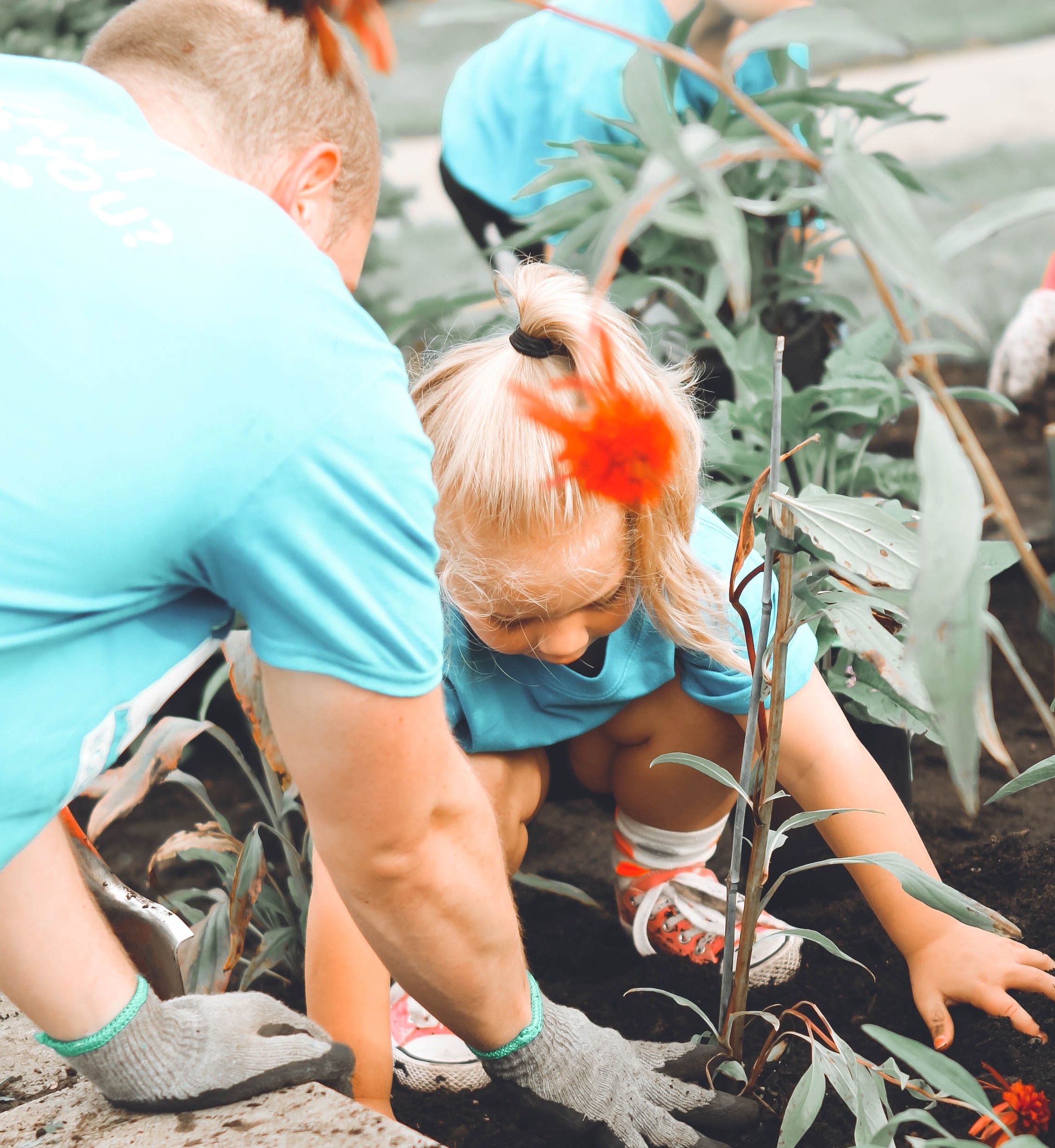



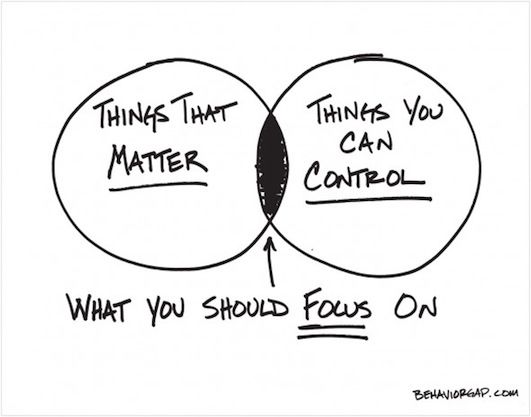
 Woah, what a crazy couple of weeks it has been since I last wrote. This time last week as a principal, I had just made the decision to postpone our school camps, to stop having school assemblies and we were talking about moving the Staffroom into the Hall so that we could all practise the correct social distancing etiquette during intervals and lunchtimes.
Woah, what a crazy couple of weeks it has been since I last wrote. This time last week as a principal, I had just made the decision to postpone our school camps, to stop having school assemblies and we were talking about moving the Staffroom into the Hall so that we could all practise the correct social distancing etiquette during intervals and lunchtimes. 
 A day may be a long time in politics, but not as long as a week in a school with a pandemic virus doing the rounds.
A day may be a long time in politics, but not as long as a week in a school with a pandemic virus doing the rounds.